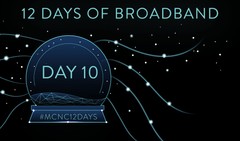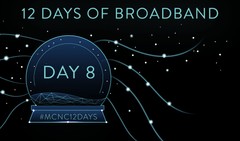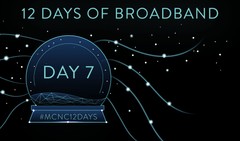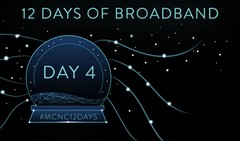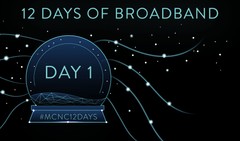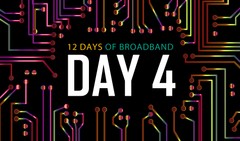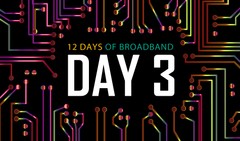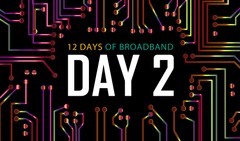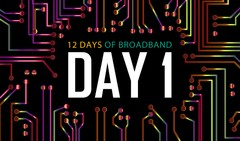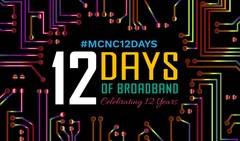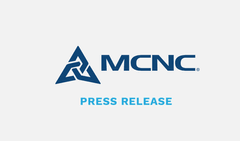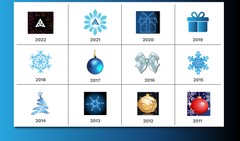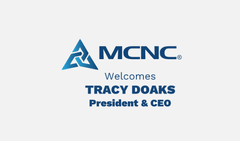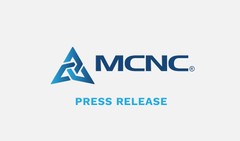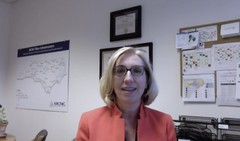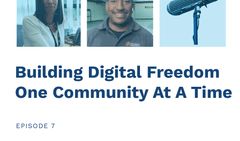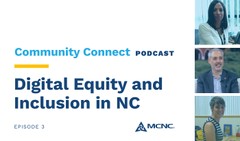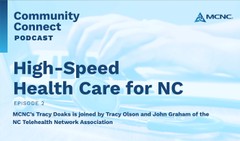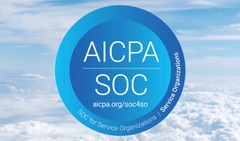Day 9: New NCShare project levels digital playing field in higher education
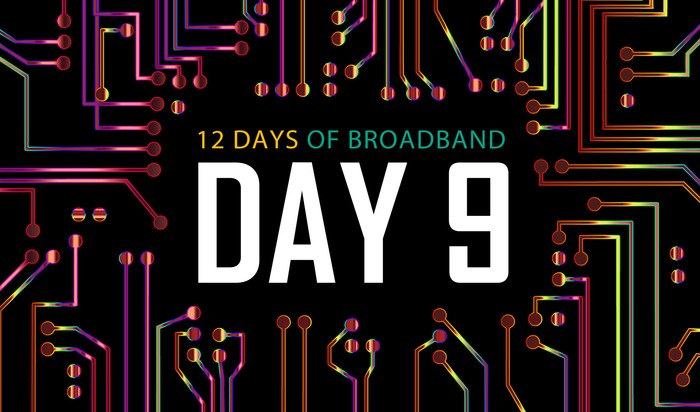
Davidson College, Duke University and North Carolina Central University (NCCU), in collaboration with MCNC, announced in September that the newly-created North Carolina Shared Research & Education collaborative infrastructure, or NCShare, received two National Science Foundation (NSF) grants totaling approximately $1.4 million to provide high-speed research network capacity, support high-performance computing, and boost STEM education to at least eight minority-serving, smaller, or mid-sized institutions of higher education throughout North Carolina.
The first NSF award (Abstract #2201525 for CC* Regional: NCShare Science DMZ) is for $984,868 and spans two years in order to establish a parallel science network infrastructure to interconnect campus researchers to external sites with a speed and style of connectivity that is typically only available at large research universities. Rather than each participant needing to build their own science network infrastructure, this project builds a shared, regionally-based network operating on MCNC's existing state-wide research and education network. The result is expected to lower costs, require fewer campus support personnel, and provide fast and unrestricted data movement to multiple institutions. This virtualized approach increases accessibility of high-speed data-driven research by democratizing access to advanced cyberinfrastructure, enhancing research productivity, promoting collaboration, and reducing the time required for scientific discoveries at participating minority-serving and smaller institutions. Duke University Chief Information Officer (CIO) Tracy Futhey is the principal investigator (PI) for the project supported by co-PIs Davidson College CIO Kevin Davis, NCCU CIO Leah Kraus and Director of the Julius L. Chambers Biomedical/Biotechnology Research Institute Deepak Kumar, and MCNC President and CEO Tracy Doaks.
The second NSF award (Abstract #2201105 for CC* Compute: NCShare Compute as a Service) is for $397,557 and also is a two-year grant that dovetails the work above but focuses on creating a shared computing environment supporting a common set of software and services, with priority use by Davidson, NCCU, and other North Carolina minority-serving and smaller institutions. The project leverages MCNC's high-speed, high-bandwidth network and Duke's already mature capability in automated provisioning, software containerization and advanced networking, which will accelerate implementation and make computation and powerful software environments quickly available to researchers, educators and students in the region. As a result, faculty at participating institutions will benefit from having access to tools and services that ease the delivery of customized computing systems to meet their research needs and enable easy access to powerful tools for students. By starting from a common base environment and then supporting customizations that can meet the specific research and education demands of participating institutions, this project provides hands-on opportunities for students to use advanced science capabilities and software environments. Charley Kneifel, Chief Technology Officer at Duke's Office of Information Technology, is the PI for the project supported by co-PIs Duke's Tracy Futhey, NCCU's Leah Kraus and Davidson's Kevin Davis.
Read the full announcement of this project (Sept. 14, 2022).
MCNC owns and operates one of America’s longest-running regional research and education networks, providing high-performance networking services for education, research, libraries, health care, public safety, and other community anchor institutions throughout state. This network is the fundamental broadband infrastructure for more than 850 of these institutions (including all public K-20 education) in North Carolina. The NCShare infrastructure will establishes a parallel research network infrastructure (a Science DMZ) to interconnect campus researchers to external sites. The result is expected to lower costs, require fewer campus support personnel, and provide fast and unrestricted data movement to multiple institutions.
“Our incredible minority and smaller institutions of higher education throughout North Carolina play a key role in our state’s overarching digital equity and inclusion plans; they are hubs for innovation and economic opportunity in their communities,” said MCNC’s Tracy Doaks. “For over 40 years MCNC has been a trusted collaborator offering technology solutions and advanced networking to connect North Carolina. We are pleased to continue our tradition of supporting important efforts such as this one.”
Return to the 12th annual 12 Days of Broadband >>>


